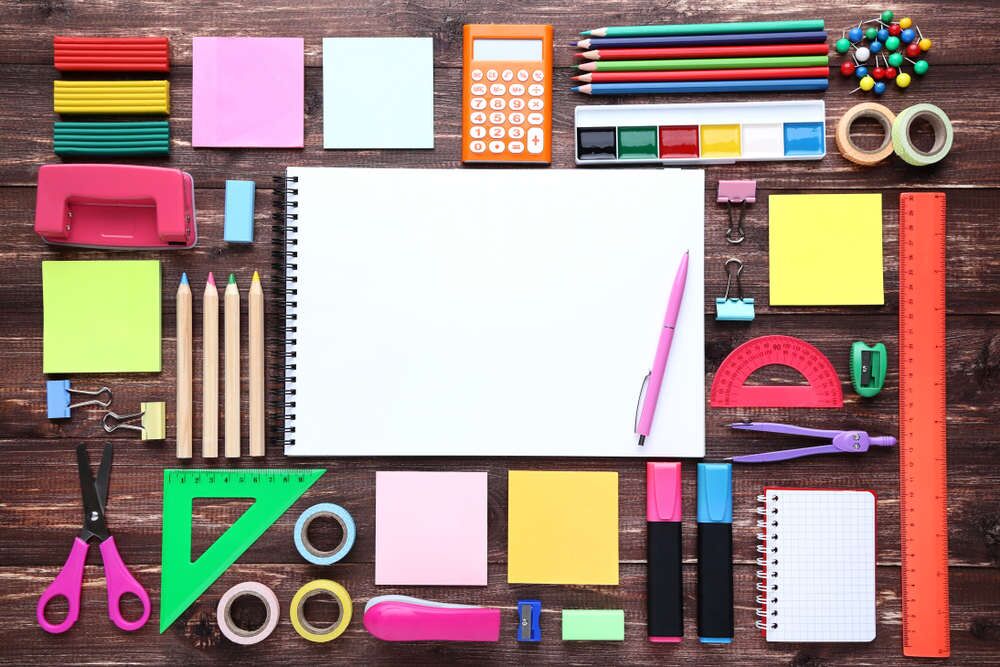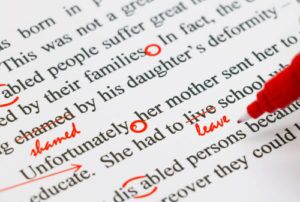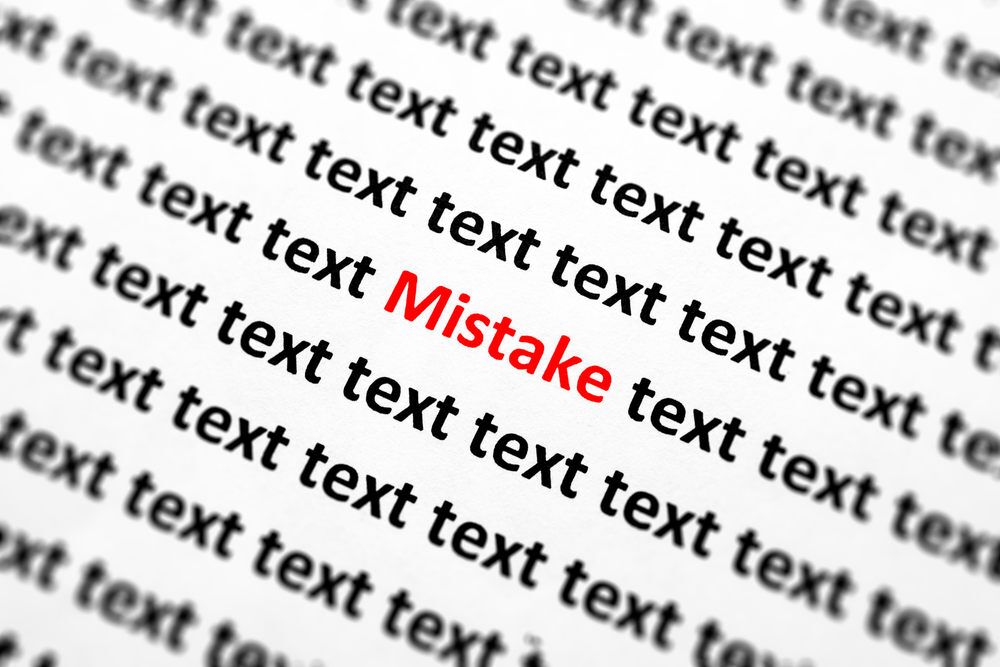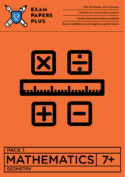
SATs Prep Materials: What You Need
Bookmark this page? Pop your email into the box below to receive a link to this article so you can easily refer back to it later.
Table of Contents
Introduction
Your child is more likely to perform well in their SATs exam if they are thoroughly prepared and confident. Whether your child is sitting SATs this year or not, this overview of useful exam prep materials will come in handy for when the big day arrives.
A Study Planner
It’ll come as little surprise to know that a good study planner is a vital resource for SATs preparation. A planner can take any form, whether it’s as a spreadsheet, a notebook, or a wall planner. Essentially, a study planner is a calendar that contains the topics and subjects that your child needs to revise on specific days.
As a starting point, consider using the following model for your planner:
- Divide however long your child has until the SATs exam by the number of subjects they are required to study
- Next, divide up all the topics your child needs to cover
- Keep the planner simple, while including specific tasks your child should aim to achieve in each session
- Include time for breaks
A study planner is one of the first SATs prep materials that your child should create, as it’ll likely form the cornerstone of their revision.
A SATs Reading List

To succeed in the SATs exam, your child must be a confident and able reader. Devise a reading list to help improve their overall comprehension and increase their vocabulary.
Encourage your child to read a mix of genres and authors and actively ask them questions about what they’re reading to enhance their understanding of the text. Having them recount the information that they’re learning encourages them to think beyond the words on the page. This is a skill that will come in very useful in the English SATs exam and one that can easily be nurtured at home.
Practice Exam Papers
Practice exam papers are a key SATs preparation resource for primary school children as they put theory into practice. Exam practice papers allow your child to familiarise themselves with the layout of the SATs exam and they encourage good time management too. When creating your child’s study planner (mentioned above), allocate time for regular SATs practice papers. The sooner these are introduced into your child’s routine, the more time they will have to get used to answering questions under timed conditions.
Practice papers can quickly highlight areas that your child might need to improve in, which will allow you to adjust their study schedule to focus on their weaker areas in the lead up to the SATs exam.
Our SATs resources:
Key Stage 1 SATs Practice Test 1
Key Stage 1 SATs Practice Test 2
Key Stage 2 SATs Practice Test 1
Key Stage 2 SATs Practice Test 2
A Grammar Checker

At SATs level, children are tested on their ability to use grammar correctly. For some students, grammar skills don’t come easily and can cause them to lose marks in the exam. A grammar checker is a useful tool to have when preparing for SATs.
There are several online grammar checkers that can help improve your child’s writing. Some of the free options include Grammar Check and Scribens, both of which allow users to enter text for review.
Alternatively, there are many paid grammar checkers that may be worth considering for longer-term use. Grammarly and Correct English are two of the most popular paid options out there at the moment. Regardless of which grammar tool your child uses, we would advise parents to help them out initially, to make sure that they’re using them correctly.
Flashcards
In the SATs exam, students are required to recall a fair amount of information, whether it be maths formulas or specific keywords. Flashcards are a useful SATs prep resource, not least because they can make learning more fun. Flashcards are an effective tool for spelling or vocabulary games.
For instance, if your child has vocabulary to learn, have them create flashcards with all the words they need to know. Once they’ve created all the flashcards, test them on their spelling by having them write the word down or speaking it aloud. For all the words they get right, stick the corresponding flashcard onto a wall so they can chart their progress easily.
Planned Exercise Breaks

Although this isn’t a physical tool, ensuring that your child takes regular breaks to relax and burn off excess energy is an essential part of their SATs preparation. If your child feels under significant pressure in the lead-up to the exam, they are more likely to become stressed, despondent and demotivated, so relaxation is key.
Allow your child some time to themselves when they come home from school before they start studying again. Ideally, your child should spend time doing some physical activity as this stimulates the part of the brain that’s responsible for learning. Time away from SATs preparation will help their brain and body to recharge, resulting in better concentration when they do return to studying.
Related posts:
The SATs Curriculum in the UK: An Overview
Bookmark this page? Pop your email into the box below to receive a link to this article so you can easily refer back to it later.
















